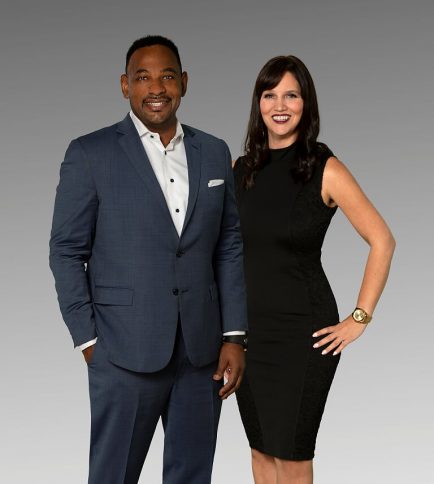What Makes the Ideal Mortgage Borrower?
Buying a home can be a lengthy process. If you’re new to the house hunting game, it can be stressful to not completely understand what the ideal mortgage borrower looks like to mortgage lenders and underwriters.
Since the mortgage process can be one of the more confusing and stressful aspects of buying a home, take a look at what might characterize an ideal mortgage borrower for clues you can use to make your own case stronger.
7 Characteristics of the Ideal Mortgage Borrower
Job Stability 2+ Years
Holding a job for an extended period of time shows the lender that your finances are stable, giving them confidence that you will be able to pay your mortgage month to month. Having at least 24 months of employment verification is often needed to help the lender calculate income and truly evaluate stability.
Switching jobs right before you start the home buying process or just before closing has the potential to delay and or even cancel your home loan. Contact your lender to see your options if you recently transitioned to a new position and are looking to buy a home.
Low Debt to Income Ratio (20%)
The debt to ratio income determines the projected ability to pay back those debts. For example, if person A makes $60,000 a year and has a car payment, car insurance, and student loans their debt to income ration would be different from person B who also makes $60,000 a year with no debt. A DTI ratio of fewer than 20% is viewed as desirable by many lenders.
Credit Card Capacity
Generally, having two credit cards at half limits is better than having one card maxed out. For example if your credit limit is $10,000 on credit card A and $10,000 on credit card B, it may be better to spend $5,000 on each card instead of maxing out $10,000 on either card A or card B. 30% debt to income ratio on revolving credit card accounts. Abiding by this rule can help your credit build faster.
Down Payment or Equity 20%
For a conventional loan, a minimum of 20% equity in your property may get you a better refinance interest rate, and on a purchase, that means making a 20% down payment on your home. If you are not able or not willing to pay 20% you may still qualify for an FHA loan with a minimum of 3.5% down; however, you might also have a higher interest rate.
Excellent Credit Score
Credit score is an indicator of how risky lending money to a client is. The higher the credit score, the lower the risk. For example, if you have a credit score of 620, you may still be able to get a loan, but you may also have a higher interest rate. 700+ constitutes as an excellent credit score (Experian).
Proper Documentation
Submitting proper documentation can speed up the entire home loan process. These forms of documentation include income verification, asset verification, debt verification, and property verification. In addition to these documents, ensure that your driver’s license is accurate and valid.
You may not be able to sign closing documents without presenting a valid driver’s license, passport, or equivalent proof of identity. So check your license at least two weeks before going into sign closing documents in case you have to take a unexpected trip to the Department of Licensing.
Timeliness in Response
In order to close a home loan on the projected date, it’s ideal that the client responds within 24-48 hours of an email from the lender. If the lender is asking the client to sign the purchase and sales agreement and the client takes a week, the client is holding up the entire process. Chances are the client is not the only party needing to sign that document and by not responding it could delay the home loan close date.
Let’s talk! Whether you think you’re an ideal mortgage borrower or not, the mortgage lending experts at the Fornerette Team would be happy to discuss your home buying goals and needs, and help you lay out a path that will help you achieve them.







